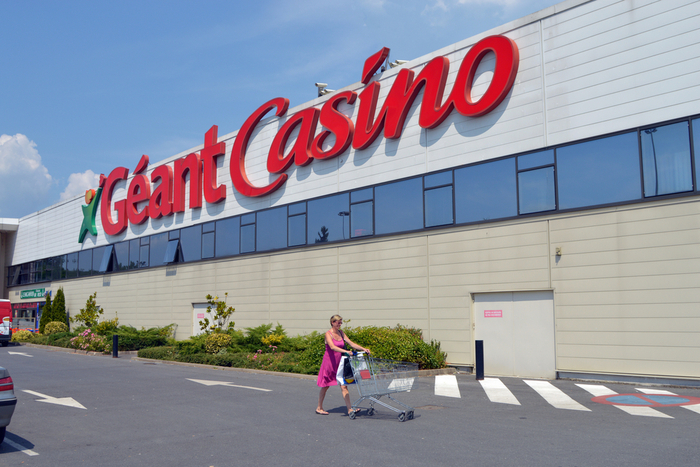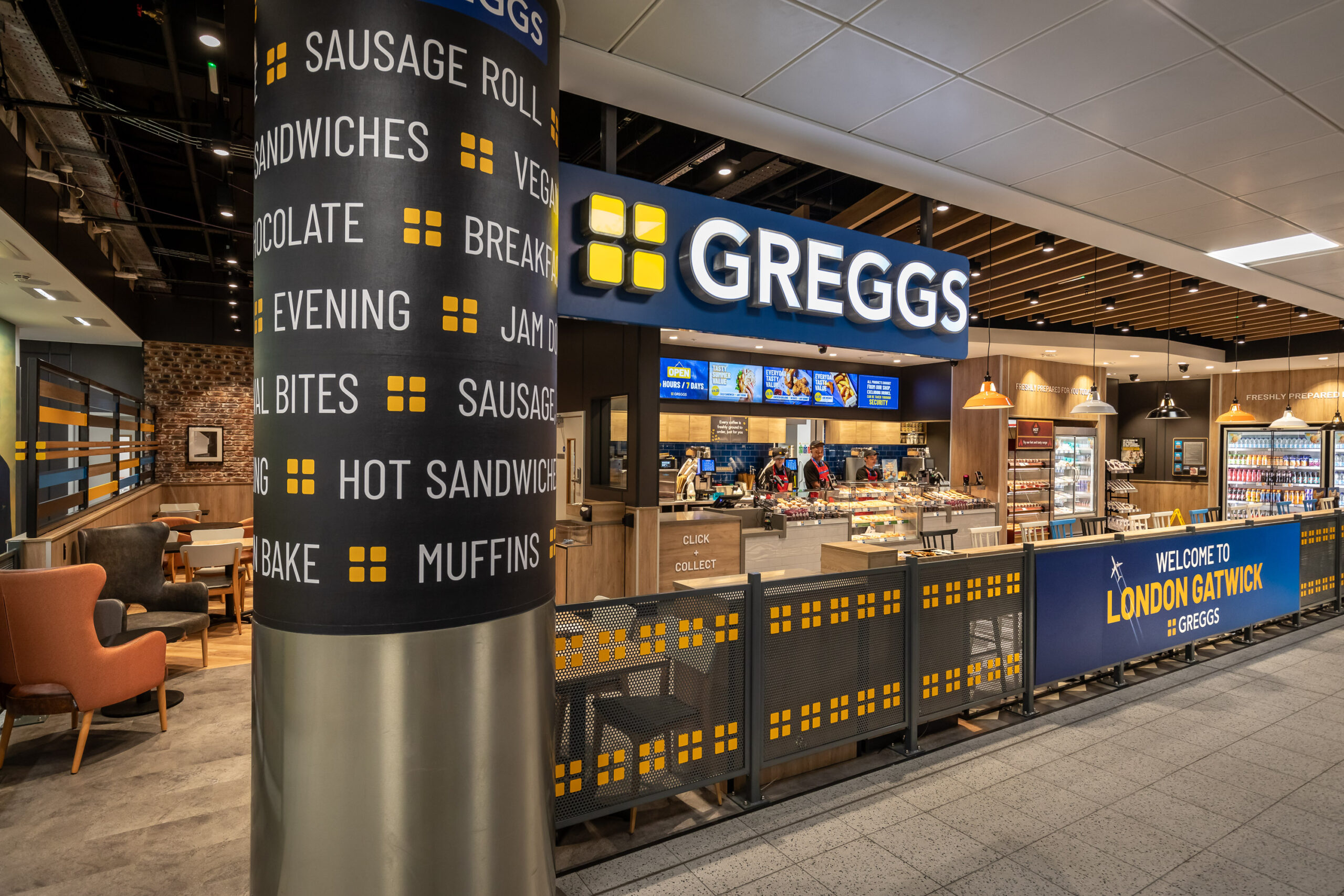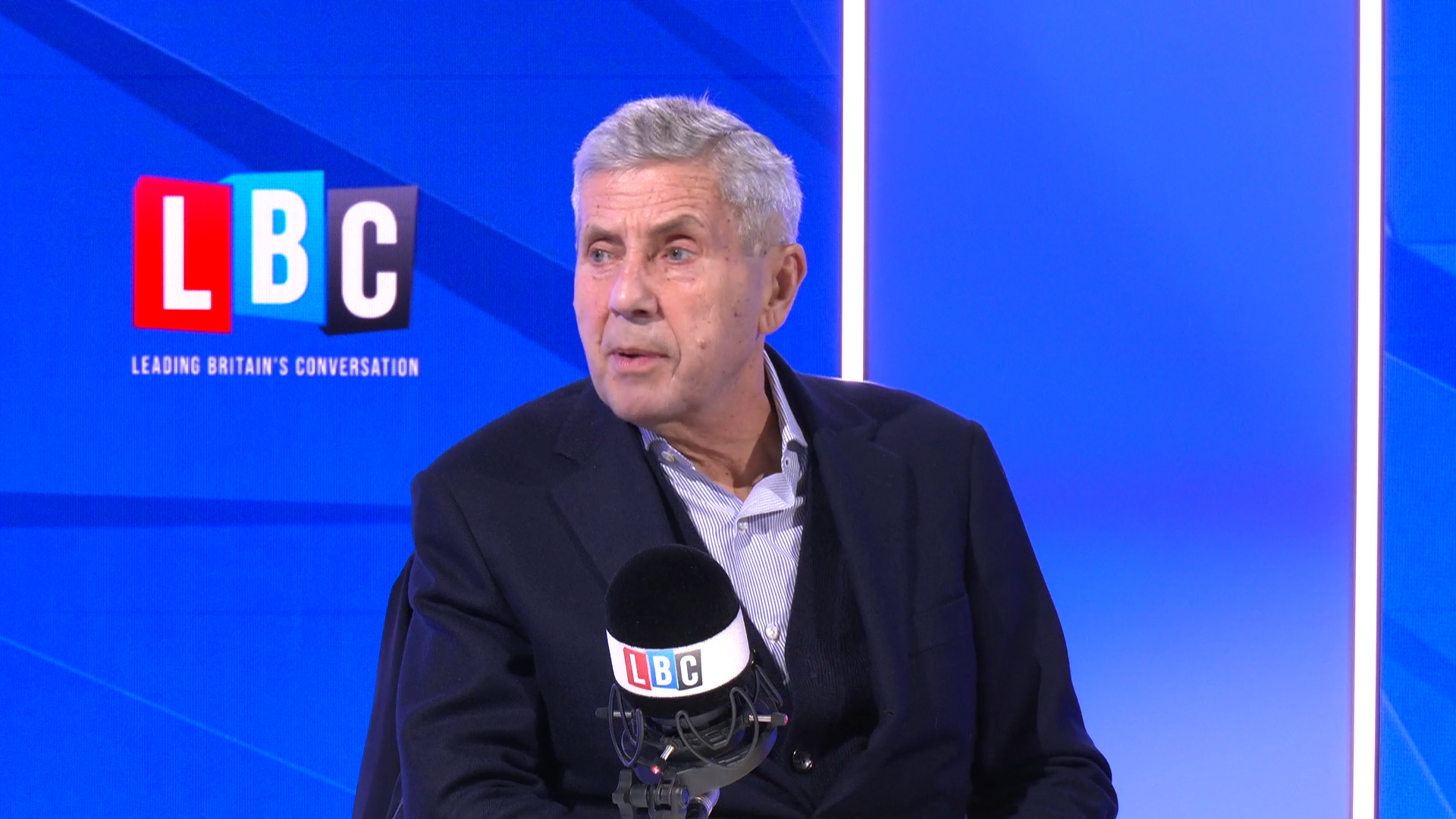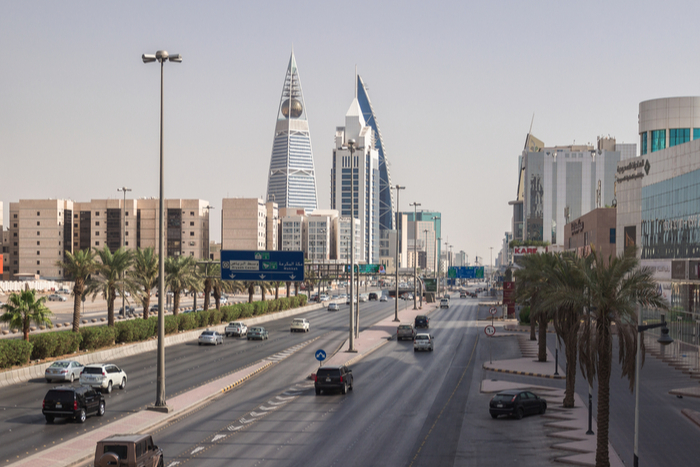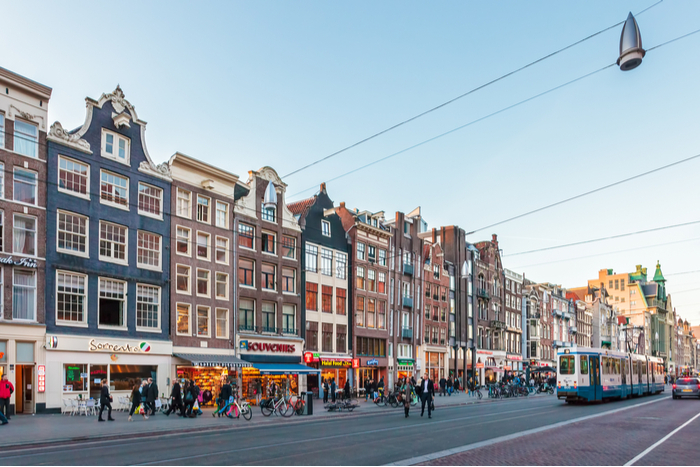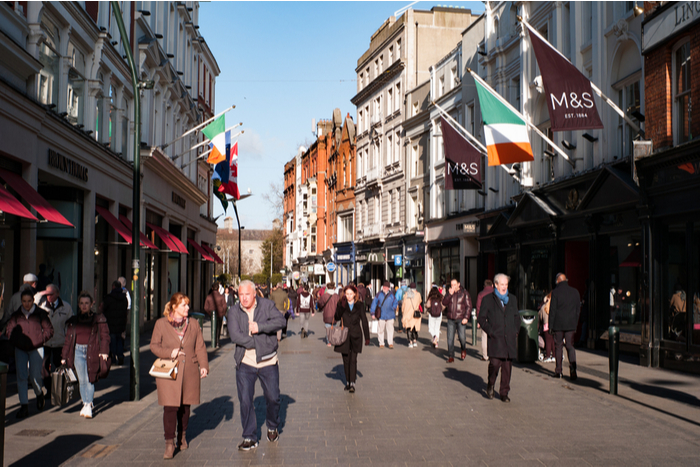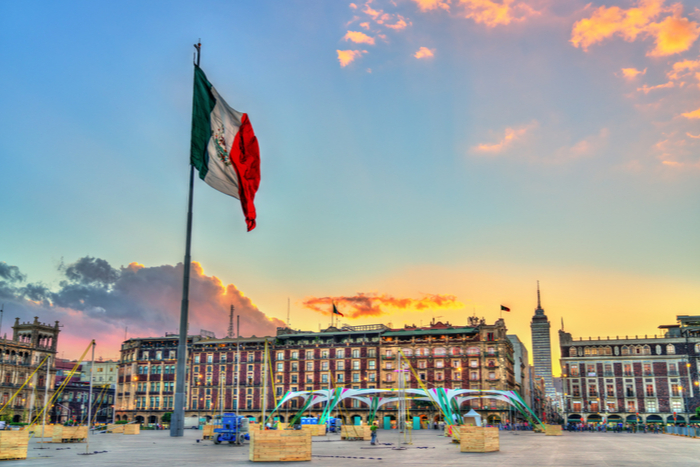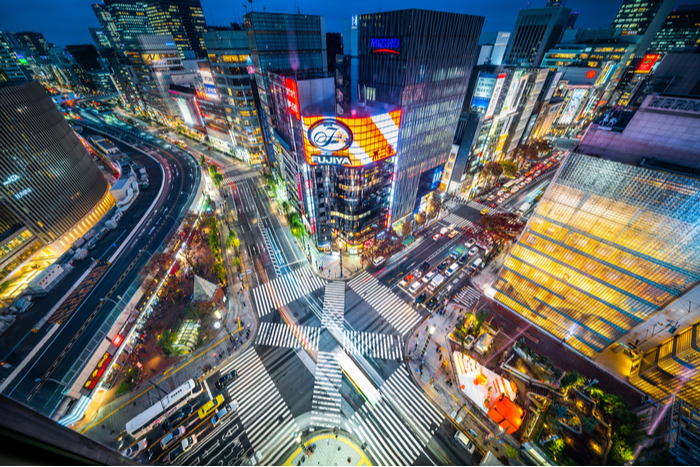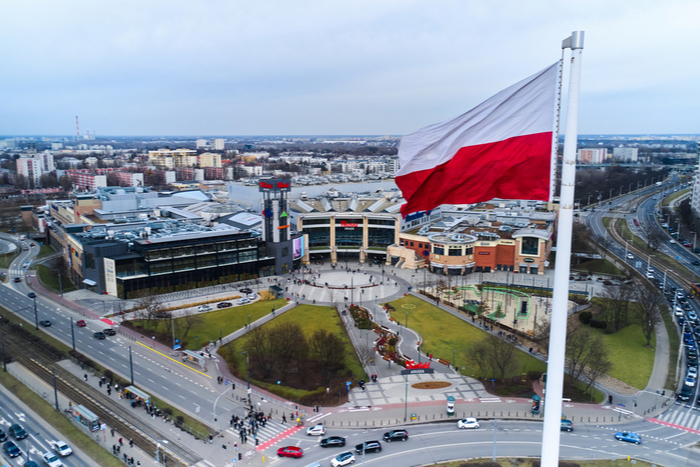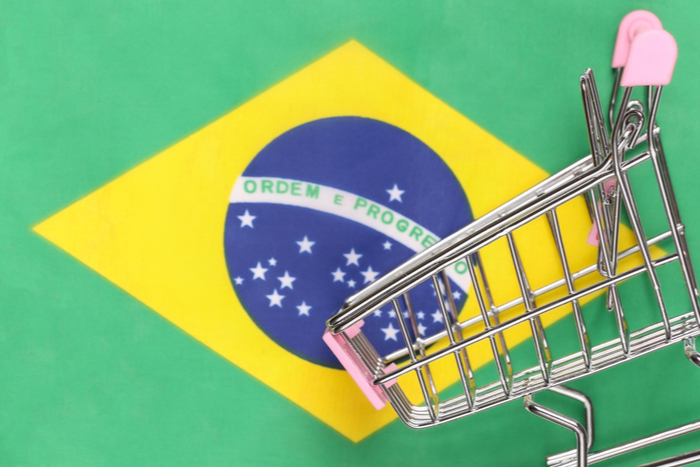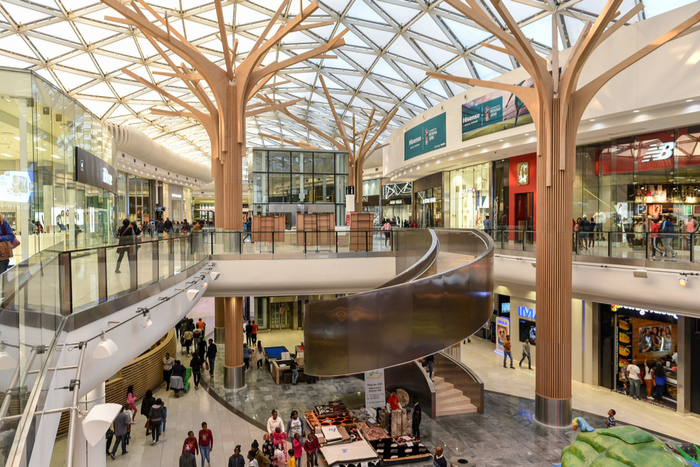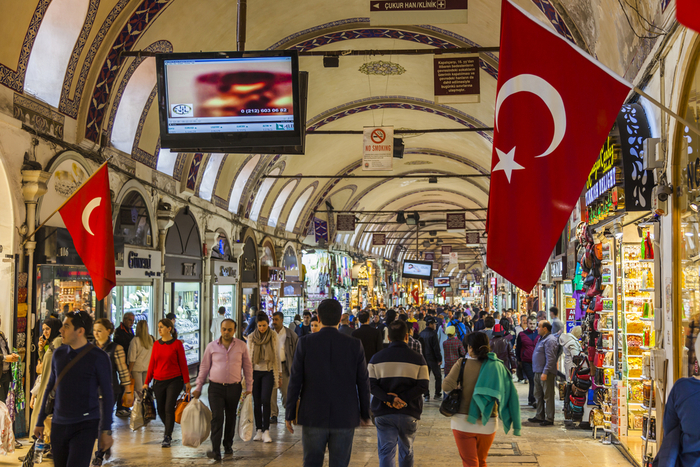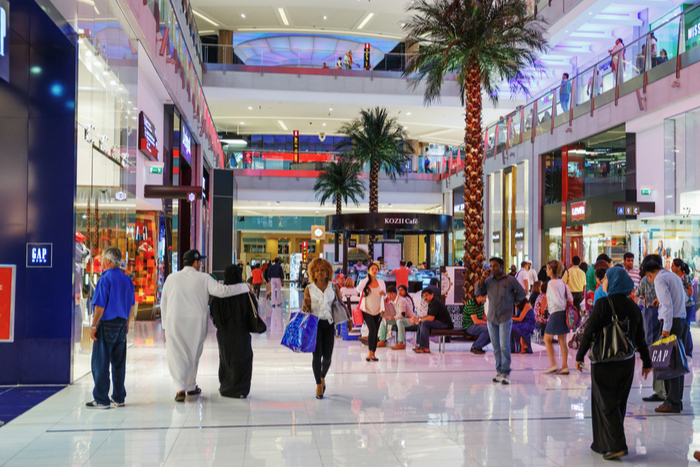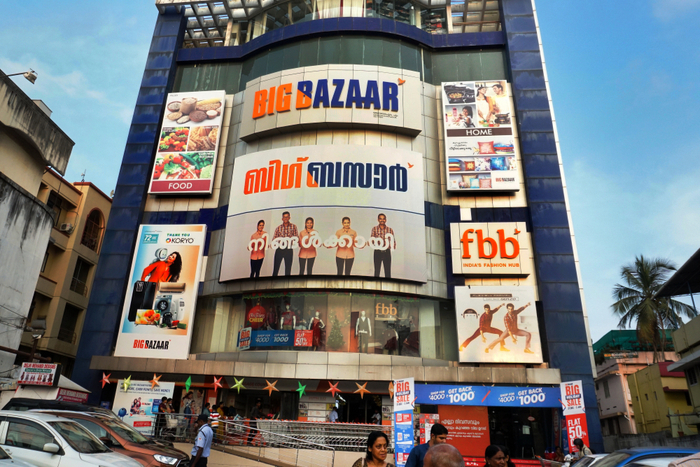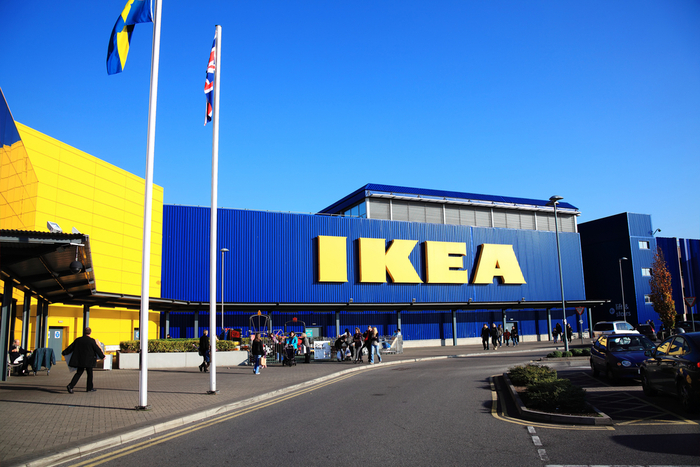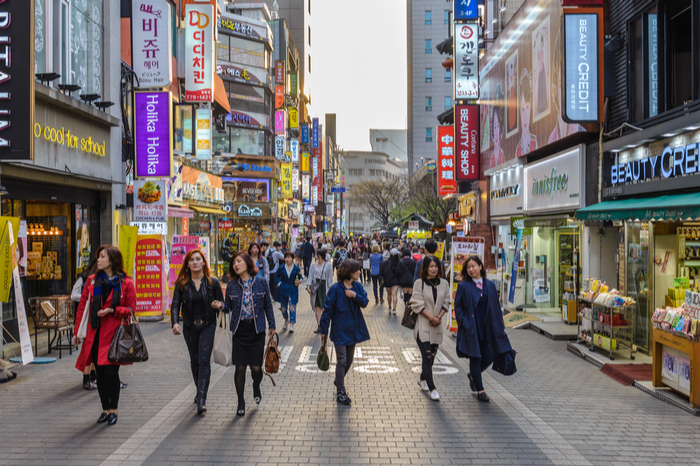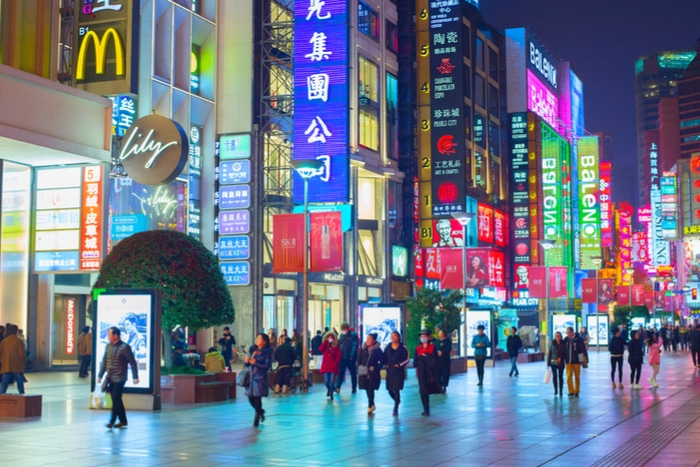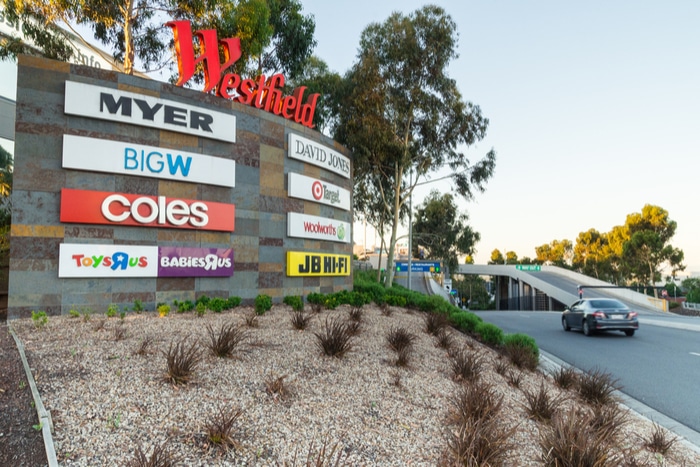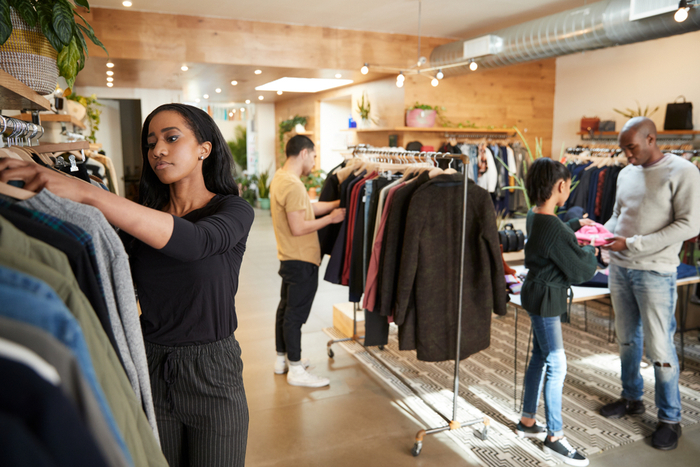Since the 2008 financial crisis, France’s economy has been growing steadily, although it continues to underperform in comparison to neighbouring Germany and falls well below average EU growth rates.
Despite this, a Statista report – published before the coronavirus crisis took a hold – found that France has remained one of Europe’s largest economies since 1980, growing from an estimated GDP of about €2467.17 (£2123.07) per capita in 2019 to €2771.62 (£2525.92) per capita in 2020.
The French retail sector is dominated by major multinational food chains, with hypermarkets selling in almost every area. The most prominent French retail firms are Carrefour, E.Leclerc, ITM Entreprises (Les Mousquetaires), Groupe Auchan, Groupe Casino, and Système U.
In fact, Auchan was listed as number 16 in the 2019 Global Powers of Retailing report, which is compiled by Deloitte and ranks 250 retailers of all types based on total revenue.
However, the grocery giant dropped two places down to number 18 in the 2020 report after losing 1.4 points of market share according to data from Kantar Worldpanel, due to a continuous change in management, and a two per cent drop in sales in France.

Auchan was the only French retailer to have made it in the top 20 list of the 250 retailers. Only 11 other French companies are found in the entire list – including luxury retail giant LVMH, which ranked 27th.
Meanwhile in the last two years, retail investment in France appeared to attract investors. Over the first nine months of 2018, more than €2.2 million (£1.8 million) was invested in the French retail sector compared to €1.9 million (£1.6 million) over the same period in 2017, according to a 2018 report by Savills.
French mass-market retail group Groupe Casino confirmed two portfolio sales at the time, the first involving 55 Monoprix supermarkets – 19 of which are located in the Ile-de-France region – acquired by Generali Real Estate for €565 million (£478 million). The second would see AG2R La Mondiale (AGLM Immo) buy another 14 Monoprix stores for €180 million (£152 million).
According to the National Retail Federation, Carrefour remains the largest retailer in France as of 2020, in spite of its continuous drop in sales since 2015.
Carrefour operates thousands of stores under various names, including the hypermarket Carrefour, the supermarket Champion, convenience stores Shopi and Marché Plus, discount stores Dia and Ed, and the cash-and-carry store Promocash. The retail giant also operates in dozens of countries around the world.

In 2018, Carrefour announced plans to cut costs and jobs, boost ecommerce investment and seek a partnership in China in an effort to lift profit and revenue and help it to contend with online giant Amazon.
That same year also saw Carrefour team up with the UK’s largest retailer, Tesco, to form a global purchasing alliance that demands better terms from major suppliers and the joint purchasing of own-brand products and goods not for resale.
Meanwhile, in the fashion space, France has become a brand in and of itself, synonymous with luxury and high quality.
This is a feat that many countries strive for but very few ever achieve, with Italy being another exception to the rule. Items produced in both France and Italy have a reputation for being high-quality and command premium prices around the globe.
Revenue in France’s luxury goods market amounts to £14.7 million in 2020, and the market is expected to grow annually by three per cent, according to pre-coronavirus data from Statista.
The coronavirus crisis first presented itself as a threat in January when LVMH and fellow French luxury giant Kering saw their shares drop by a combined £44 billion.

A spokesperson from Federation of Commerce and Distribution, which represents around 50 brands, retail and wholesale companies in France, told Retail Gazette that French retailers “have had to adapt very rapidly” to the Covid-19 crisis and were “very much aware of the essential role they have to play, by ensuring a reliable access to food and other essential products everywhere in France”.
“They have done so in a responsible and concerted manner, within the retail industry itself, and with the government, the manufacturers and the producers,” the spokesperson added.
“Retailers have put in place sanitary guidelines and protections for their employees and their consumers and have rethought their respective internal organizations to meet the sharp increase of demand, both online and in-stores.”
While the luxury retail sector is currently at stake, it is undeniable that France is regarded as one of the fashion capitals of the world – hosting one of the four biggest fashion weeks in Paris.
Software firm Fluent Commerce managing director Rob Shaw argued that “French consumers love aspirational brands that are creative”.
“They are extremely loyal to French brands,” he said.
“In general, luxury retailers tend to perform well, as their target customers have high disposable incomes.”
Parcellab country manager for France, Anna Naydenova, agreed. She said that “French consumers are generally quite sophisticated, and they have exposure to many different brands”.
“France has become a brand in and of itself, synonymous with luxury and high quality”
“They like to consume local products (true for both food and fashion items) and they like to explore with new and emerging brands that are aligned with their values and lifestyle,” she said.
“Especially in fashion, the UK industry will be much more sensitive to the current fashion trends, whereas in France consumers have a more classical approach towards fashion.
“Paris in general has a reputation as the fashion and luxury capital of the world. Many well-known luxury brands are French, and Paris attracts a lot of tourists who are hungry to experience this calibre of brand.”
Ironically, French luxury retailers continue to aggressively pursue foreign brands. For example, LVMH owns Italian brands Pucci and Fendi; Gucci belongs to Kering and both Bottega Veneta and Sergio Rossi are owned by Kering chief executive François Henri Pinault.
Recently though, due to government-mandated store closures as a result of the coronavirus pandemic, LVMH recorded a 17 per cent drop in comparable sales in the first quarter. The parent company of Louis Vuitton, Dior, Fendi and Givenchy has since retooled some of its French factories to produce face masks and hand gels to help with relief efforts in France, one of the worst-affected countries in the world by the virus.
An ingrained sense of nationalism also remains a defining characteristic of French consumers, perhaps even more so now after the series of terrorist attacks that have rocked the country in recent years.
In 2015, Paris experienced multiple terrorist attacks, followed by additional incidents in both Nice and Saint- Etienne-du-Rouvray in 2016.
Over 80 million visitors travel to France each year, according to a report from Statista, which shows data from 2010 to 2018. However, there were concerns the terrorist attacks would have had a sustained impact on retail sales. The French Treasury estimated they would’ve cost the economy roughly €2 billion (£1.7 billion) or 0.1 per cent of annual GDP.
“French consumers are generally quite sophisticated, and they have exposure to many different brands”
France’s Fédération Nationale de l’Habillement found that retail stores based in city centres witnessed a 20 per cent to 30 per cent decline in traffic in the weeks that followed the terrorist attacks.
Those events, combined with the game-changing 2017 presidential election – with Emmanuel Macron promising to revive the French economy with a “new growth model” – are driving a vast shift in the country, including its retail industry.
The attacks weren’t the only event that impacted France’s sales. In 2018 the three-week Yellow Vest protests hit the French economy hard with trade in retailers, high street businesses and restaurants falling significantly, France’s finance minister Bruno Le Maire said at the time.
Shaw said French department stores including Printemps, Galeries Lefayetter and Le Bon Marché were already finding trading conditions tough when the Yellow Vest movement began. In addition, in the crucial shopping weeks leading up to the Christmas trading period, retailers were told to close up shops due to the riots.
Consequently, French electrical retail giant Fnac Darty reported a €45 million (£38.5 million) loss on sales in France and Belgium.
Currently, France’s main problem appears to be the coronavirus pandemic. The country has been on lockdown since March 16, with all stores except food retailers and pharmacies closed.
While grocery retailers will have a significant increase in volumes, they are facing some challenges as well, namely difficulty in fulfilling their orders because of lack of personnel – a lot of warehouses in France have had to close due to reported coronavirus cases. There are also further sanitary restrictions that create some difficulties for the ecommerce deliveries.
There is a lot of uncertainty at the moment as there is no clear visibility on when the lockdown will finish. This is quite unprecedented and retailers in France as well as the rest of the world are now asking themselves the same question: What will their business look like post lockdown?
Click here to sign up to Retail Gazette‘s free daily email newsletter


